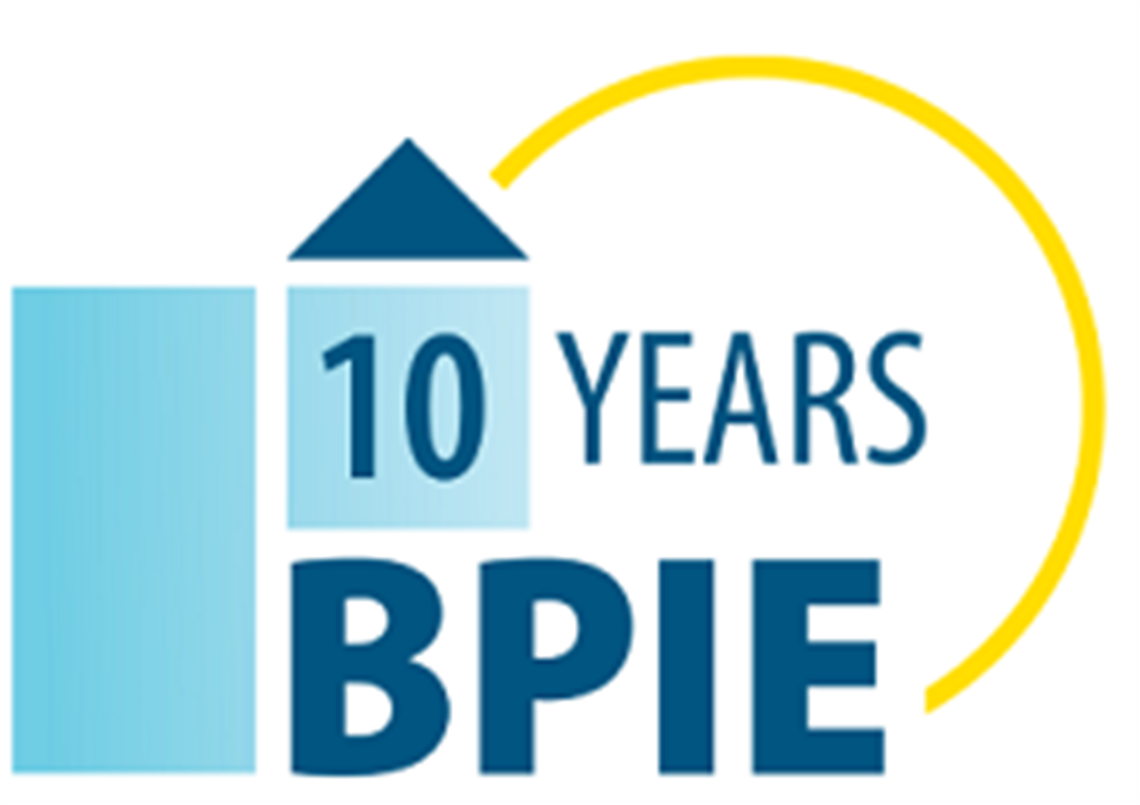Research highlights need for ‘hidden carbon’ regulations
18 May 2021

The Buildings Performance Institute Europe (BPIE) says EU member states must adopt a common approach to reducing whole-life carbon emissions, if the region is to become carbon neutral by 2050.
The latest report from the independent research consultancy shows that CO2 emissions produced from the actual construction of buildings needs to be reduced by more than half by 2030.
This specifically relates to the emissions produced by raw material extraction and processing, manufacturing, transportation, assembly, construction and demolition of buildings.
According to BPIE, this “hidden carbon footprint” accounts for between 10 and 20% of the total CO2 footprint inherent in EU buildings.
Oliver Rapf, executive director of BPIE, said, “For new buildings built to the highest energy efficiency standards, the low operational energy demand means that embodied carbon becomes the most significant source of carbon emissions over the building’s lifetime.”
According to the institute, reducing this will require more countries to introduce “comprehensive policy action”, which it said should be “coordinated and regulated at European Level”.
BPIE said, “The EU’s forthcoming revision of legislation for buildings and construction is a critical opportunity to create policy and investment certainty on how energy performance requirements will be supported by carbon performance rules.”
As part of its efforts to meet the 2050 net-zero carbon target, in 2023 the European Commission is due to introduce a “2050 whole life-cycle performance roadmap” to help reduce emissions from buildings.
However, the BPIE said it believes the roadmap is already “out of sync with the current legislative review process”.
Rapf added, “Whole-life carbon in buildings and construction should be carefully considered now in 2021. Policy action taken by a number of Member States demonstrate that whole-life carbon policies are possible and desirable.
“The European Commission should reflect this in its forthcoming proposals to make sure that we don’t lose time in the fight against climate change.”
Click here to view BPIE’s latest research.
STAY CONNECTED


Receive the information you need when you need it through our world-leading magazines, newsletters and daily briefings.
CONNECT WITH THE TEAM











